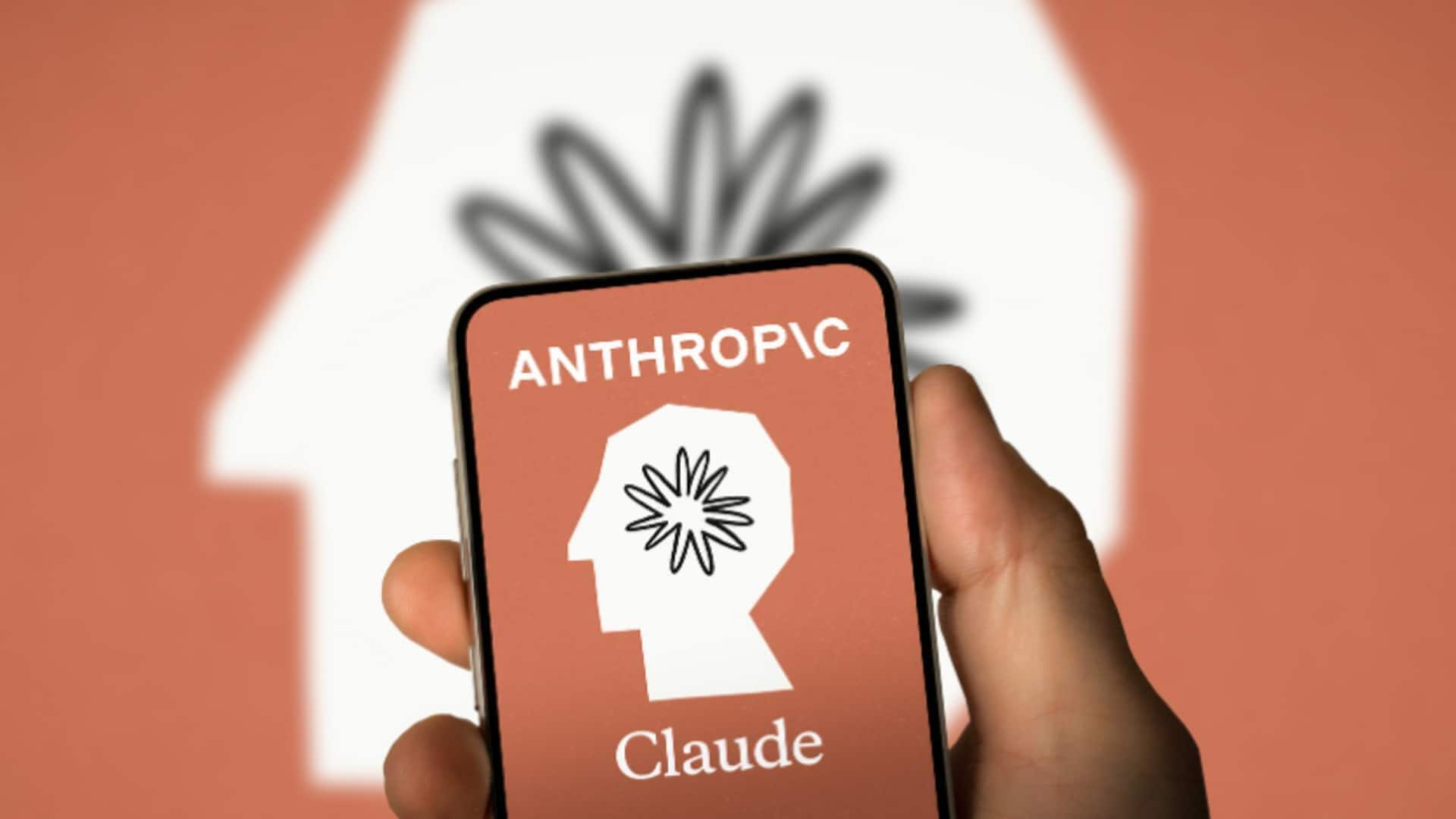
Anthropic revokes OpenAI's access to Claude amid GPT‑5 benchmarking row
What's the story
Anthropic has cut off OpenAI's access to its Claude API, a move that comes after the former accused the latter of violating its terms of service. The decision was made on Tuesday, multiple sources familiar with the matter told WIRED. An Anthropic spokesperson confirmed the action, noting that "Claude Code has become the go-to choice for coders everywhere," which underscores its widespread use and appeal.
Accusation details
OpenAI allegedly breached Anthropic's commercial terms
The spokesperson further claimed that OpenAI's technical staff had been using Anthropic's coding tools before the launch of GPT-5. This, according to them, was a direct violation of their terms of service. Anthropic's commercial terms explicitly prohibit customers from using the service to "build a competing product or service," train competing AI models, or reverse-engineer/duplicate their services.
Testing procedures
OpenAI was testing Claude's capabilities
Reportedly, OpenAI was using Claude through its own internal tools with special developer access (APIs), instead of the regular chat interface. This enabled them to test Claude's capabilities in coding and creative writing against their own AI models. They also looked at how well Claude responded to safety-related prompts involving CSAM, self-harm, defamation categories. The results help OpenAI compare its own models' behavior under similar conditions and make adjustments as needed.
Response statement
It's industry standard to evaluate other AI systems, says OpenAI
In response to the API access cut-off, OpenAI's chief communications officer Hannah Wong said, "It's industry standard to evaluate other AI systems to benchmark progress and improve safety." She added that while they respect Anthropic's decision, it's disappointing considering OpenAI's API remains available to them. Anthropic has indicated it will continue to ensure OpenAI has API access for benchmarking and safety evaluations, although it did not clarify how the current restriction would impact this work.